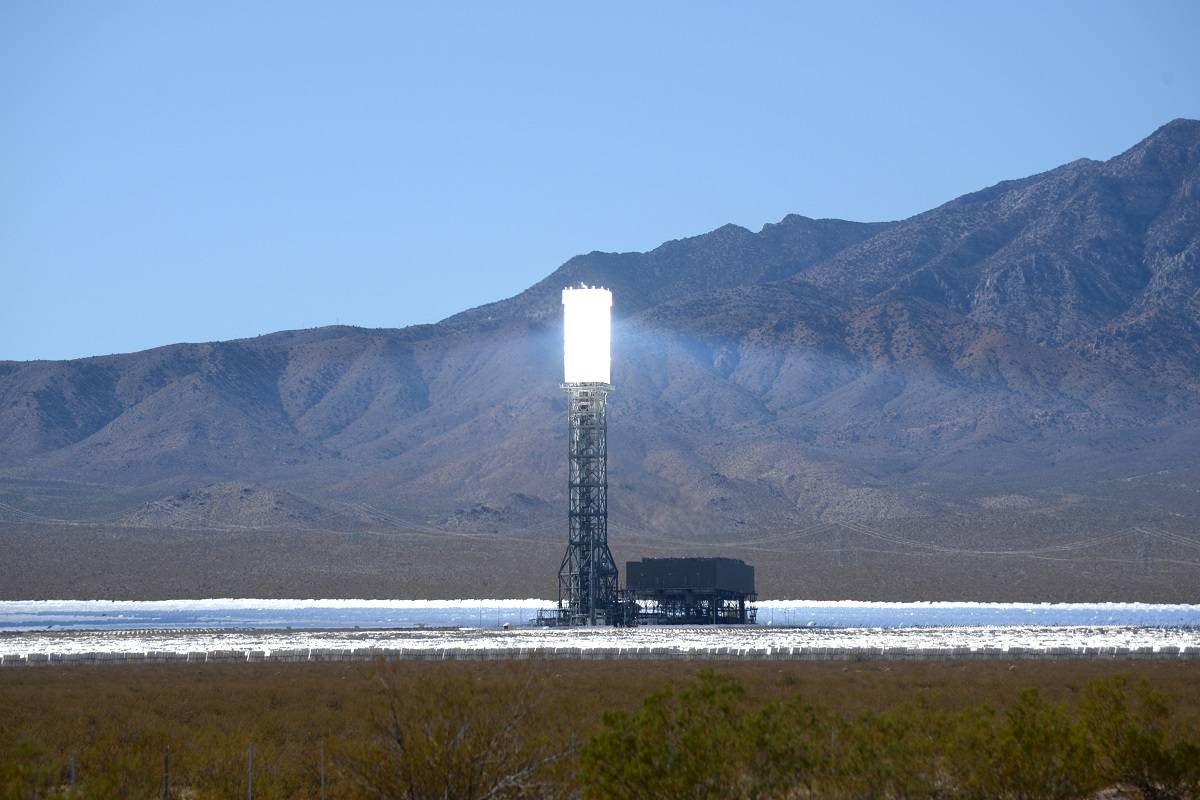What Does an Energy Engineer Do?
An energy engineer is a professional who designs, develops, and manages systems to optimize energy use and efficiency. They work on projects aimed at reducing energy consumption, improving sustainability, and integrating renewable energy sources into existing systems. Energy engineers play a critical role in helping organizations and industries meet their energy efficiency goals and reduce their carbon footprint.
Energy engineers work in various sectors, including commercial buildings, manufacturing, power generation, and renewable energy. They are responsible for conducting energy audits to assess current energy usage and identify opportunities for improvement. This involves analyzing energy flows, measuring energy consumption, and evaluating equipment efficiency.
A key responsibility of an energy engineer is to design energy-efficient systems and processes. This includes developing HVAC systems, lighting systems, and industrial processes that minimize energy use while maintaining functionality and comfort. Energy engineers often work with building management systems and energy management software to monitor and control energy usage.
In addition to designing systems, energy engineers also develop and implement energy-saving measures. They may recommend insulation improvements, equipment upgrades, and renewable energy installations to reduce energy costs and environmental impact. Collaboration with other engineers, architects, and building managers is crucial to ensure that energy-efficient practices are integrated into projects.
Overall, energy engineers play a significant role in promoting sustainability and helping organizations achieve energy efficiency and cost savings.
How to Become an Energy Engineer
To become an energy engineer, you need a combination of education, technical skills, and practical experience. The most common path begins with earning a bachelor’s degree in mechanical engineering, electrical engineering, energy engineering, or a related field. During your studies, you’ll take courses in subjects like thermodynamics, fluid mechanics, electrical systems, and energy management, which are essential for a career in energy engineering.
Many energy engineers choose to pursue a master’s degree or advanced certification to gain specialized knowledge and improve their career prospects. Graduate programs in energy engineering or sustainable energy offer advanced coursework in topics like renewable energy technologies, energy policy, and energy systems design. These programs often include research opportunities and internships, providing practical experience in the field.
Certifications can enhance your career prospects as an energy engineer. One of the most recognized certifications is the Certified Energy Manager (CEM), offered by the Association of Energy Engineers (AEE). To earn this certification, candidates must meet specific education and experience requirements and pass a comprehensive exam. Other relevant certifications include the Leadership in Energy and Environmental Design (LEED) accreditation, which demonstrates expertise in sustainable building practices.
Practical experience is crucial for success as an energy engineer. Many aspiring energy engineers gain experience through internships or entry-level positions in engineering firms, energy consulting companies, or manufacturing facilities. This hands-on training allows them to work on real-world energy projects, conduct energy audits, and develop energy-efficient solutions.
Key skills for energy engineers include strong problem-solving abilities, analytical thinking, and attention to detail. They must be able to work with complex data sets and create energy models to predict energy consumption. Communication skills are also important, as energy engineers often explain technical concepts to non-engineers and collaborate with various stakeholders.
Energy Engineer Salary
The salary of an energy engineer can vary depending on factors such as experience, education, location, and industry. In the United States, the average salary for an energy engineer ranges from $60,000 to $100,000 per year. Entry-level energy engineers generally earn lower salaries, while those with extensive experience or specialized certifications can earn higher salaries.
Location plays a significant role in salary variations. Energy engineers in major cities or regions with high industrial activity often earn more due to the increased demand for their expertise. Additionally, the industry can impact salary, with energy engineers working in manufacturing, power generation, and renewable energy sectors generally earning higher salaries compared to those in academic or non-profit settings.
Beyond base salary, energy engineers may receive additional benefits such as health insurance, retirement plans, and bonuses. Some employers offer performance-based incentives or profit-sharing plans, providing additional compensation opportunities. Career growth and salary increases are often tied to gaining experience, obtaining advanced degrees, and taking on more significant responsibilities within engineering projects.
Where Does an Energy Engineer Work?
Energy engineers work in a variety of settings, depending on the industry and the type of projects they support. They often divide their time between office environments, manufacturing facilities, and fieldwork. This role requires adaptability, as energy engineers must be able to work with complex data in an office setting and visit project sites to assess energy usage and efficiency.
In office settings, energy engineers design and plan energy-efficient systems. They use specialized software to create energy models and simulate energy consumption. Office work often involves creating technical reports, analyzing energy data, and collaborating with other engineers and stakeholders. This environment requires strong analytical skills and the ability to manage multiple tasks simultaneously.
In manufacturing facilities, energy engineers oversee energy systems and ensure they are operating efficiently. They work with plant managers and maintenance teams to identify opportunities for energy savings and implement energy-efficient practices. This fieldwork is essential for understanding real-world energy usage and ensuring that energy systems are functioning properly.
Energy engineers also spend time attending meetings with clients, building managers, and government agencies to discuss energy-related concerns and project plans. Effective communication is crucial in these interactions, as energy engineers must explain technical concepts and address questions or concerns from various stakeholders.
Overall, a career as an energy engineer offers a dynamic work environment with opportunities to work on projects that impact energy efficiency and sustainability. It’s a rewarding role for individuals interested in engineering, sustainability, and contributing to a greener future.


